From the Dean's Desk
As we hear in today’s Gospel of the Transfiguration of the Lord [Matthew 17:1-9], I am reminded of the words of a Slim Dusty song: ‘Looking Forward, Looking Back’:
Looking forward, looking back,
I’ve come a long way down the track
Got a long way left to go…
…making sense of what I’ve seen…
…There are strange days
Full of change on the way
But we’ll be fine, unlike some
I’ll be leaning forward, to see what’s coming.
Looking forward, looking back
I’ve come a long way down the track
Got a long way left to go
The Transfiguration is an opportunity for us, within the context of today’s liturgy to be ‘looking forward, looking back’. The Transfiguration points forward to our ultimate salvation in Christ’s death and resurrection. It also challenges us to look back at the origins of that salvation, especially in the three figures mentioned in today’s readings: Abram, Moses and Elijah.
The story of Abram and his descendants in Genesis [Chs 12-50] form a new beginning after the story, also in Genesis of the emergence of sin within the human condition [Chs 3-11], beginning with the act of disobedience of Adam and Eve, the murder of Abel by his brother Cain and the mounting acts of immorality that leads to the story of Noah and the Flood. This section concludes with the dispersion and confusion brought onto humanity through the Tower of Babel. With the call of Abram which makes up our first reading [Genesis 12:1-4] we see the beginnings of our salvation as Abram is asked to leave his home land and move into unknown territory. With the call of Abram, we see a new beginning in our relationship with God, a beginning which has trust and faith in the ways of the Lord as its foundation. In fact, the author concludes this section by simply and openly telling us that ‘Abram went as the Lord told him’ [v. 4]
As the three apostles experience the Transfiguration we notice that they also experience the presence of Moses and Elijah. Their presence here is also another opportunity for us to ‘look back’ on the story of our salvation. Through Moses, God gives us His Law in the Ten Commandments as the people trek through the wilderness towards the Promised Land. Elijah stands as the figure representing the ministry of the Prophets of God. Elijah was a strong figure who confronted both the enemies of Israel and the leaders, who have become perverse and negligent of their pastoral responsibilities towards the people of God.
Amid the disciples’ jubilation during the Transfiguration we hear of a cloud covering them with a shadow, a voice coming from the cloud and leaving the three disciples shrouded in fear. In their fear, confusion and doubt we see that Jesus approaches them, touches them and says: ‘stand up, do not be afraid.’ And they see no-one else but Jesus. In those moments of doubt and fear, then we need to place our trust and faith in the person of Jesus. Paul reminds us in his second letter to Timothy: ‘bear the hardships for the sake of the Good News, relying on the power of God who has saved us and called us to be holy…by his own grace.’ Holiness is an attribute of God. The level of our holiness is dependent on the depth of our relationship with God. Relying on God’s grace, then ensures that our faith and trust in the ways of God grows deeper, through our holiness. May our prayer this week be taken from our responsorial psalm: ‘May your love (mercy) be upon us, O Lord, as we place all our hope in you’ [Psalm 32].
Fr Robert Bossini
Dean and Parish Priest
